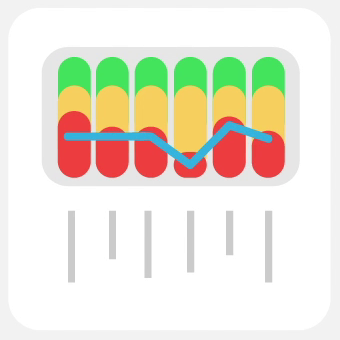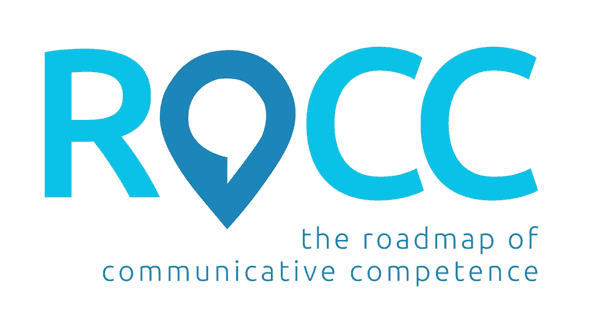The Communication Matrix and Pragmatics Profile are both great tools and we use them ourselves! The biggest difference is that they are much more specific tools for looking at a person’s range of communication functions which correlates mostly to only two of the ten domains covered by the ROCC (Domain 6, complexity of messages and Domain 7, range of pragmatic functions).

The ROCC covers a much more diverse range of factors that contribute to communication competence, and can help to identify other areas that may be impacting on successful communication. For example, whether or not the student has access to a comprehensive system, intelligibility of their message, success of initiation, their understanding of the system as their voice, socialisation and strategic competence.
It is still relevant to use both of these assessments, along with others that provide more specific information, when it seems most appropriate to delve further into these areas. For example, a language sample or social network assessment may be an appropriate next step depending on the individual you are assessing.
The idea is that the ROCC provides the bigger picture, to help us figure out which areas we might need to focus on – providing the launching pad to gain a more detailed assessment in specific areas, if needed. This really helps to prioritise access to therapy providers and also to prevent assessment just for the sake of it.
